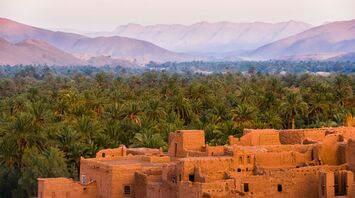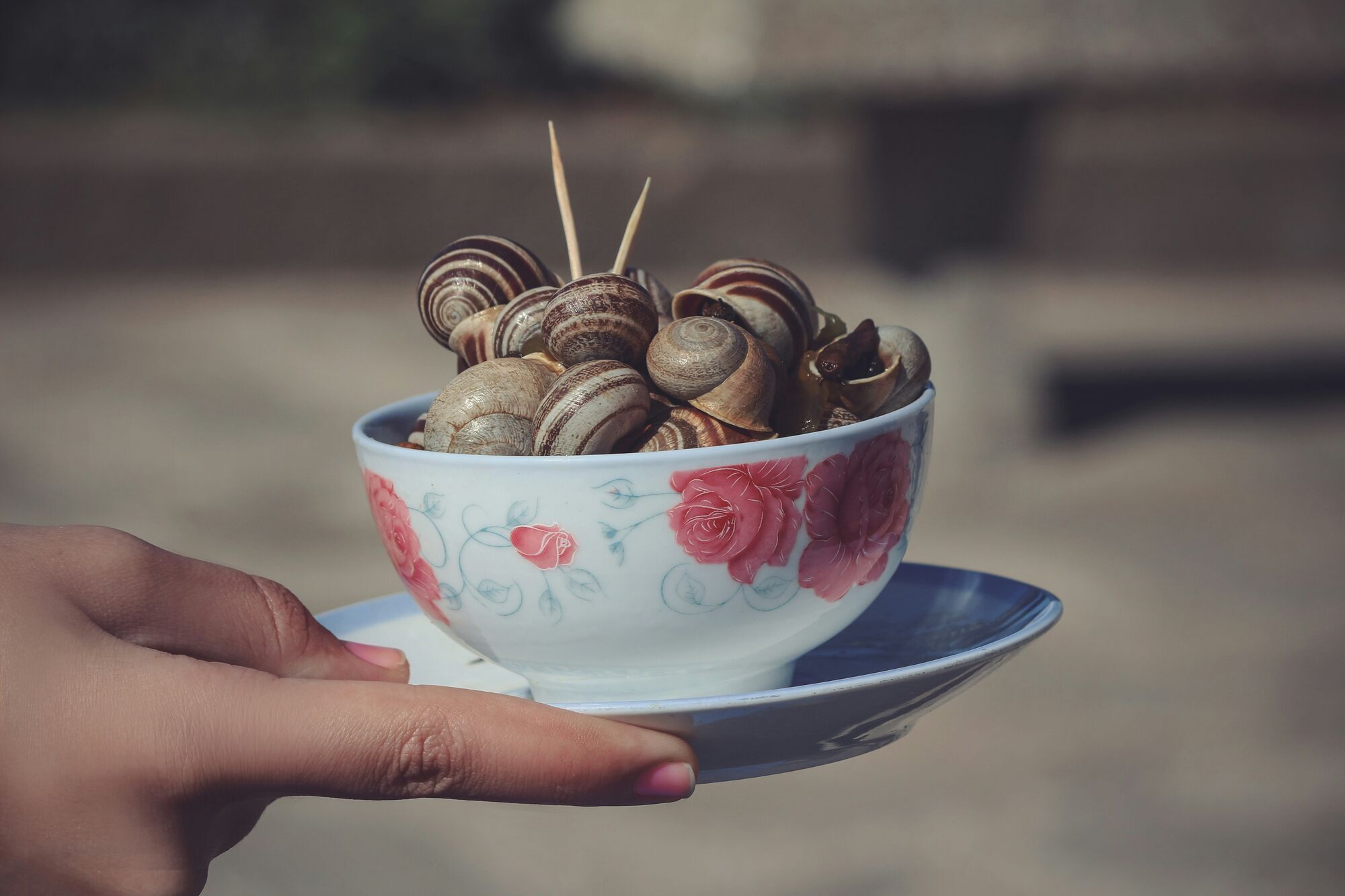A Traveler’s Guide to Morocco: Essential Tips for a Memorable Journey

Morocco, a country of vibrant contrasts, captivates visitors with its blend of ancient traditions and modern influences. From the bustling souks of Marrakech to the tranquil deserts of the Sahara, this North African gem offers an experience like no other. Yet, for those planning a trip to Morocco, there are important cultural and logistical details to consider before embarking on this adventure. Understanding the nuances of the country will not only enhance your experience but also ensure a smooth and respectful journey.
Navigating Morocco’s Rich Cultural Tapestry
Morocco’s diverse culture is deeply rooted in a fusion of Berber, Arab, and European influences, creating a unique atmosphere that travelers find enchanting. However, immersing oneself in the local customs requires a mindful approach. One of the first things visitors should be aware of is Morocco’s Islamic heritage, which plays a significant role in shaping everyday life. While the country is known for its warm hospitality, respecting local traditions is essential.
When visiting religious sites such as mosques, it’s important to dress modestly and be mindful of entry restrictions for non-Muslims. The Hassan II Mosque in Casablanca, for example, is one of the few mosques in Morocco open to visitors of all backgrounds. Additionally, during the holy month of Ramadan, travelers should be aware that many locals fast from sunrise to sunset, and it is considered courteous to avoid eating or drinking in public during this time.
Language and Communication: More Than Just Words
While Arabic is the official language of Morocco, travelers will find that French is widely spoken, particularly in urban areas and tourist centers. Berber, the indigenous language of Morocco’s Amazigh people, is also commonly heard, especially in rural regions. Learning a few basic phrases in Arabic or French can go a long way in building rapport with locals and making your trip more enjoyable.
In bustling cities like Marrakech or Fez, vendors and shopkeepers are accustomed to communicating with tourists, but even a simple "salaam alaikum" (peace be upon you) can be a great way to start a conversation. English is also spoken, especially in areas frequented by tourists, though it’s always appreciated when visitors make an effort to engage in the local language.
Souks and Bargaining: Mastering the Art of Negotiation
A trip to Morocco would be incomplete without exploring its famous markets, or souks. These labyrinthine bazaars, filled with vibrant textiles, intricate pottery, and handcrafted jewelry, are a feast for the senses. However, shopping in Morocco requires a bit of finesse. Haggling is not just a practice here; it’s a cultural tradition. Vendors expect buyers to negotiate, and in fact, they often enjoy the back-and-forth exchange.
When bargaining, it’s essential to remain polite and good-natured. Start by offering about half of the asking price and be prepared to meet somewhere in the middle. The key is to enjoy the process rather than viewing it as a transaction. Souks are also a wonderful opportunity to connect with artisans and learn more about traditional crafts. In cities like Fez, renowned for its leather goods, or Essaouira, known for its woodwork, visitors can find unique, high-quality items while supporting local craftsmanship.
Moroccan Cuisine: A Culinary Journey
Moroccan cuisine is a highlight for many travelers, offering an array of flavors influenced by Berber, Arabic, and Mediterranean traditions. From savory tagines to sweet pastillas, the country’s culinary landscape is as diverse as its culture. One dish travelers should not miss is couscous, typically served with vegetables and meat, and often enjoyed on Fridays, the holy day in Islam.

Street food is an integral part of the Moroccan experience. In cities like Marrakech, the iconic Jemaa el-Fnaa square transforms into a lively open-air restaurant at night, offering everything from grilled meats to steaming bowls of harira (a traditional soup). However, it’s important to be cautious when consuming street food. Opt for vendors with a high turnover of customers, which is usually a good indicator of freshness. Additionally, it’s recommended to drink bottled water and avoid ice in beverages to prevent any potential stomach issues.
Exploring Morocco’s Diverse Landscapes
Morocco’s geographical diversity is one of its most appealing features. From the windswept beaches of Essaouira to the snow-capped Atlas Mountains, the country’s landscapes offer something for every type of traveler. For those seeking adventure, trekking in the Atlas Mountains provides an opportunity to explore remote Berber villages and stunning vistas. Meanwhile, a visit to the Sahara Desert offers a surreal experience, with opportunities for camel treks and overnight stays in traditional desert camps.
For beach lovers, the coastal cities of Agadir and Essaouira provide a perfect blend of relaxation and history. Essaouira, with its laid-back vibe and rich cultural scene, is particularly popular with travelers looking to escape the hustle of larger cities. The city’s historic medina, a UNESCO World Heritage site, is a must-visit for its well-preserved architecture and vibrant arts community.
Staying Safe and Respecting Local Customs
While Morocco is generally considered a safe destination, it’s always wise to take standard precautions, particularly in crowded areas like markets and transportation hubs. Pickpocketing can occur, so it’s important to keep valuables secure and be mindful of your surroundings. Women travelers, especially, may find it helpful to dress conservatively to avoid unwanted attention. Though Morocco is a relatively progressive country, dressing in a manner that respects local customs will make for a more comfortable experience.
In addition, it’s important to be aware of Morocco’s legal stance on certain behaviors. Public displays of affection are frowned upon, and the country has strict laws regarding the consumption of alcohol. While alcohol is available in many hotels and restaurants that cater to tourists, it’s not as openly consumed as in some other countries, and discretion is advised.
A Tapestry of Old and New
Perhaps one of the most striking aspects of Morocco is its ability to blend the ancient with the contemporary. Cities like Marrakech are at once a bustling metropolis and a window into the past, with modern cafes standing alongside centuries-old palaces and mosques. Meanwhile, Casablanca, known for its economic prowess, is a symbol of Morocco’s modern aspirations, home to a burgeoning tech scene and cutting-edge architecture like the Hassan II Mosque.
This juxtaposition of tradition and modernity is also reflected in the daily life of Moroccans. While many aspects of life are deeply tied to ancient customs, the younger generation is increasingly embracing global trends, from fashion to technology. For travelers, this offers a unique opportunity to witness a country in the midst of transformation while still holding on to its rich cultural heritage.



















